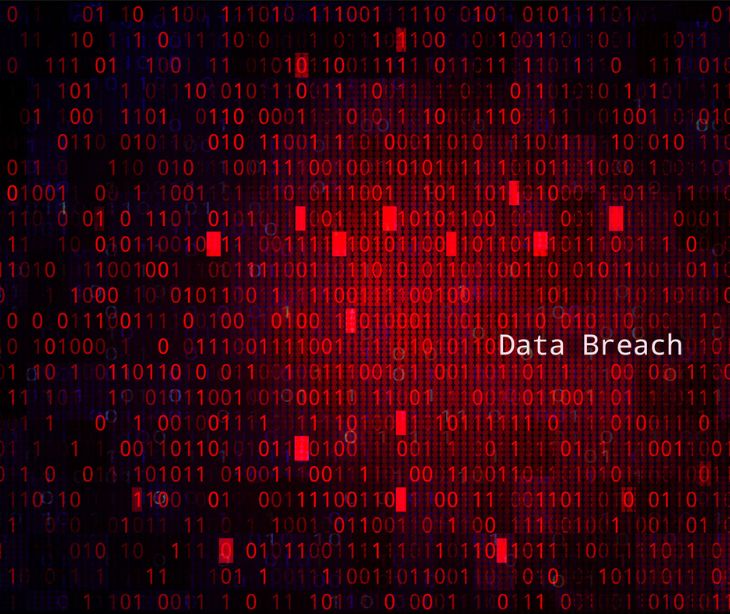
In 2013, a former Montefiore Medical Center employee sold the electronically protected medical records of 12,517 patients to an identity theft group, and the NYC hospital did not detect or report the breach to OCR until 2015. Upon investigation, the OCR discovered several possible infringements on the HIPAA Security Rule. But, how could this have been prevented?
To prevent HIPAA violations, covered entities and their business associates must understand what protected health information (PHI) is, know when and how it can be shared, and follow their employer's rules for using healthcare technology and communication devices correctly. If they notice any inappropriate behavior, they should report it promptly to their manager or compliance officer.
Defining a HIPAA violation
A HIPAA violation occurs when a covered entity or business associate fails to comply with the regulations outlined in the Health Insurance Portability and Accountability Act (HIPAA). This could involve:
- unauthorized disclosure of protected health information (PHI),
- inadequate safeguards to protect PHI,
- failure to provide patients with access to their medical records, or
- failing to comply with other HIPAA regulations relating to privacy, security, or breach notification.
HIPAA violations can result in legal penalties, fines, and reputational damage for the organization responsible.
Go deeper: Understanding HIPAA violations and breaches
How to prevent a HIPAA violation
Preventing HIPAA violations requires a proactive and comprehensive approach to safeguarding PHI and ensuring compliance with HIPAA regulations. Here are some steps to preventing HIPAA violations:
- Staff training and awareness: Educate all employees about HIPAA regulations, patient privacy rights, and the organization's policies and procedures for handling PHI.
- Establish policies and procedures: Develop and enforce policies and procedures that align with HIPAA regulations.
- Access controls: Implement strong access controls like role-based access controls (RBAC) to ensure that employees only have access to the information necessary for their job roles.
- Encryption: Encrypt PHI both at rest and in transit to protect it from unauthorized access.
- Secure communication channels: Use secure communication channels, such as encrypted email, secure messaging platforms, and HIPAA compliant email services (Paubox Ensuite), to transmit PHI.
- Vendor management: Vet third-party vendors and service providers carefully to ensure they comply with HIPAA regulations. Establish business associate agreements (BAAs) that outline each party's responsibilities for protecting PHI.
- Regular risk assessments: Conduct regular risk assessments to identify vulnerabilities in systems, processes, and infrastructure.
- Incident response plan: Develop a comprehensive incident response plan to guide the organization's response in the event of a security breach.
- Data backup and disaster recovery: Implement robust data backup and disaster recovery plans to ensure the availability and integrity of PHI.
- Regular audits and monitoring: Conduct regular audits and monitoring of systems, networks, and user activities to detect and respond to suspicious behavior or unauthorized access promptly.
FAQs
What steps should be taken if a potential HIPAA violation is suspected?
If a potential HIPAA violation is suspected, it should be reported immediately to the organization's privacy or compliance officer. The incident should be thoroughly investigated, documented, and addressed according to established protocols. If necessary, affected individuals should be notified, and appropriate corrective actions should be taken.
What are the consequences of HIPAA violations?
The consequences of HIPAA violations can differ based on the severity and context of the breach. Consequences include civil fines that can vary from $100 to $50,000 per violation, reaching a maximum yearly penalty of $1.5 million for repeated violations of the same rule. In cases of intentional disregard, penalties can escalate, potentially leading to criminal charges. Such charges could incur fines of up to $250,000 and imprisonment for a maximum of 10 years for severe infractions.
Go deeper: What are the penalties for HIPAA violations?
What resources are available to help healthcare organizations prevent HIPAA violations?
Healthcare organizations can access resources such as guidance documents and toolkits provided by the Department of Health and Human Services (HHS), as well as industry associations and professional organizations specializing in healthcare compliance and privacy. Additionally, consulting with legal experts and compliance professionals can provide valuable insights and assistance in maintaining compliance with HIPAA regulations.
Read:
In the news: CISA and HHS launch cybersecurity healthcare toolkit
Subscribe to Paubox Weekly
Every Friday we bring you the most important news from Paubox. Our aim is to make you smarter, faster.




